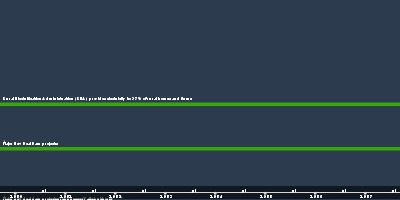1 gen 1935 anni - National Labor Relations (Wagner) Act
Descrizione:
A 1935 act that upheld the right of industrial workers to join unions, protected workers from employer coercion, and guaranteed collective bargaining.The first beneficiary of the Second New Deal was the labor movement. The National Industrial Recovery Act (NIRA) had guaranteed workers the right to organize unions, leading to a dramatic growth in rank-and-file militancy and a strike wave in 1934. When the Supreme Court voided the NIRA in 1935, labor leaders called for new legislation that would protect unions and their collective bargaining with employers. Named for its sponsor, Senator Robert F. Wagner of New York, the Wagner Act (1935) established the right of industrial workers to join unions. The act banned practices that employers had used to suppress unionization, such as firing workers for organizing, and it established a new federal agency, the National Labor Relations Board (NLRB), which had the authority to protect workers from employer coercion and to guarantee collective bargaining.
Aggiunto al nastro di tempo:
Data:
1 gen 1935 anni
Adesso
~ 90 years ago
